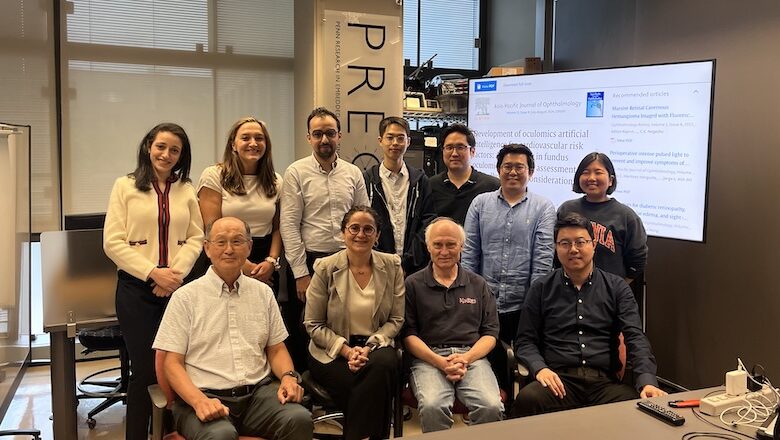
A recent position paper in the Asia-Pacific Journal of Ophthalmology explores the transformative potential of artificial intelligence (AI) in ophthalmology. Led by Lama Al-Aswad, Professor … Read More ›

A recent position paper in the Asia-Pacific Journal of Ophthalmology explores the transformative potential of artificial intelligence (AI) in ophthalmology. Led by Lama Al-Aswad, Professor … Read More ›
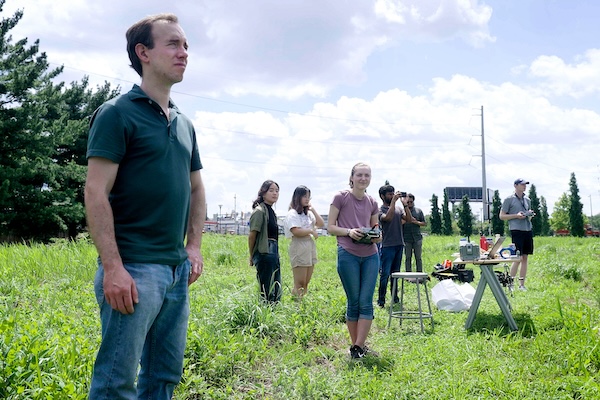
On Feb. 6, 2023, massive earthquakes struck Turkey and Syria. Measuring 7.8 and 7.7 on the Richter scale and felt as far away as Egypt, … Read More ›
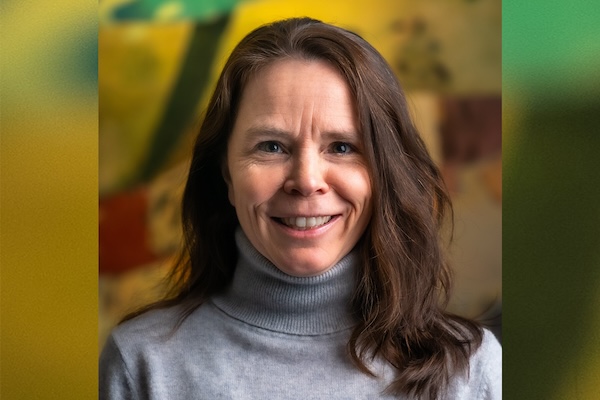
In February 2020, at a talk hosted by the Kleinman Center for Energy Policy at the Stuart Weitzman School of Design, Jen Wilcox, who at … Read More ›
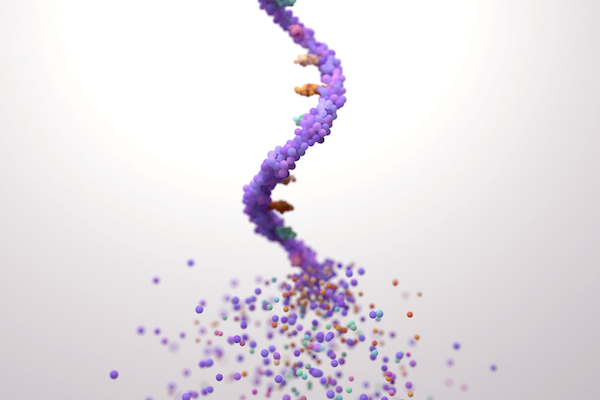
In a typical foundry, raw materials like steel and copper are melted down and poured into molds to assume new shapes and functions. The U.S. … Read More ›
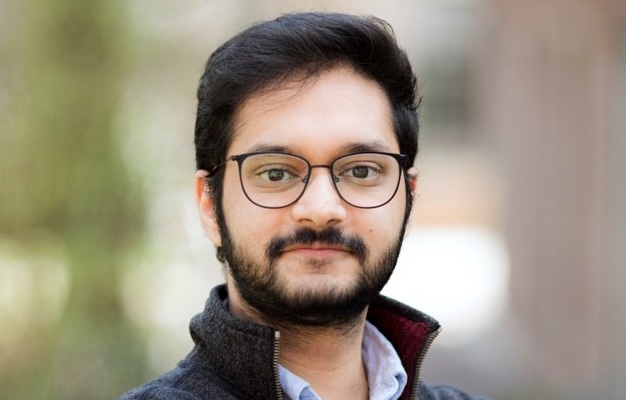
In the bustling corridors of the Penn Research in Embedded Computing and Integrated Systems Engineering (PRECISE) Center, groundbreaking research is unfolding. Led by Nandan Tumu, … Read More ›
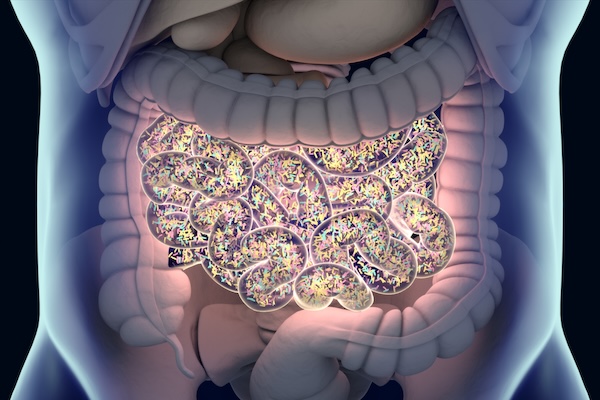
The average human gut contains roughly 100 trillion microbes, many of which are constantly competing for limited resources. “It’s such a harsh environment,” says César … Read More ›

Machine-generated text has been fooling humans for the last four years. Since the release of GPT-2 in 2019, large language model (LLM) tools have gotten … Read More ›
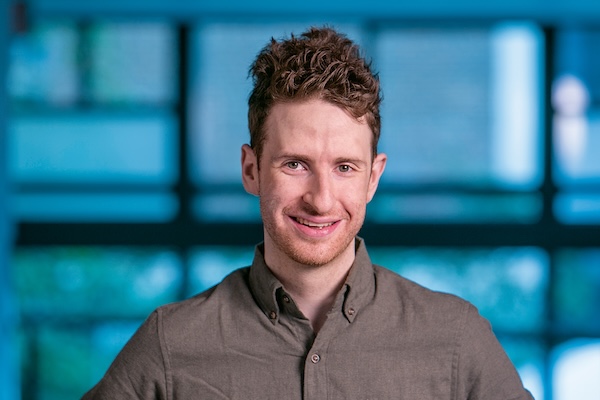
In North Carolina, where Jacob Gardner, Assistant Professor in Computer and Information Science, grew up, hurricanes arrive like unwelcome relatives — Fran, Matthew, Florence. In … Read More ›
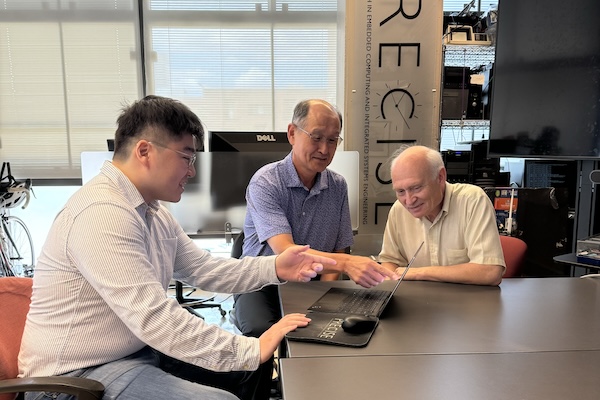
What if the technology that powers our cars, medical devices and energy grids could guarantee safety and reliability like never before? Pengyuan “Eric” Lu, a … Read More ›
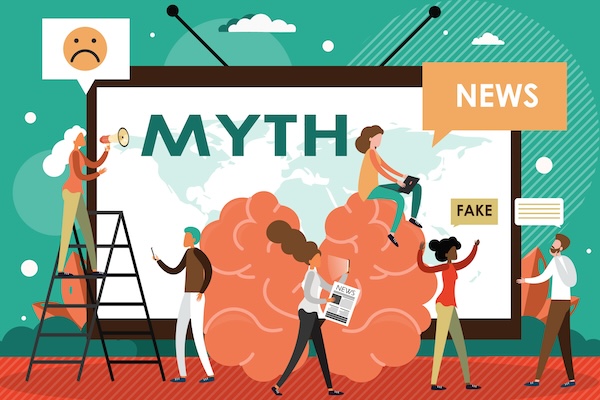
In 2006, Facebook launched its News Feed feature, sparking seemingly endless contentious public discourse on the power of the “social media algorithm” in shaping what … Read More ›